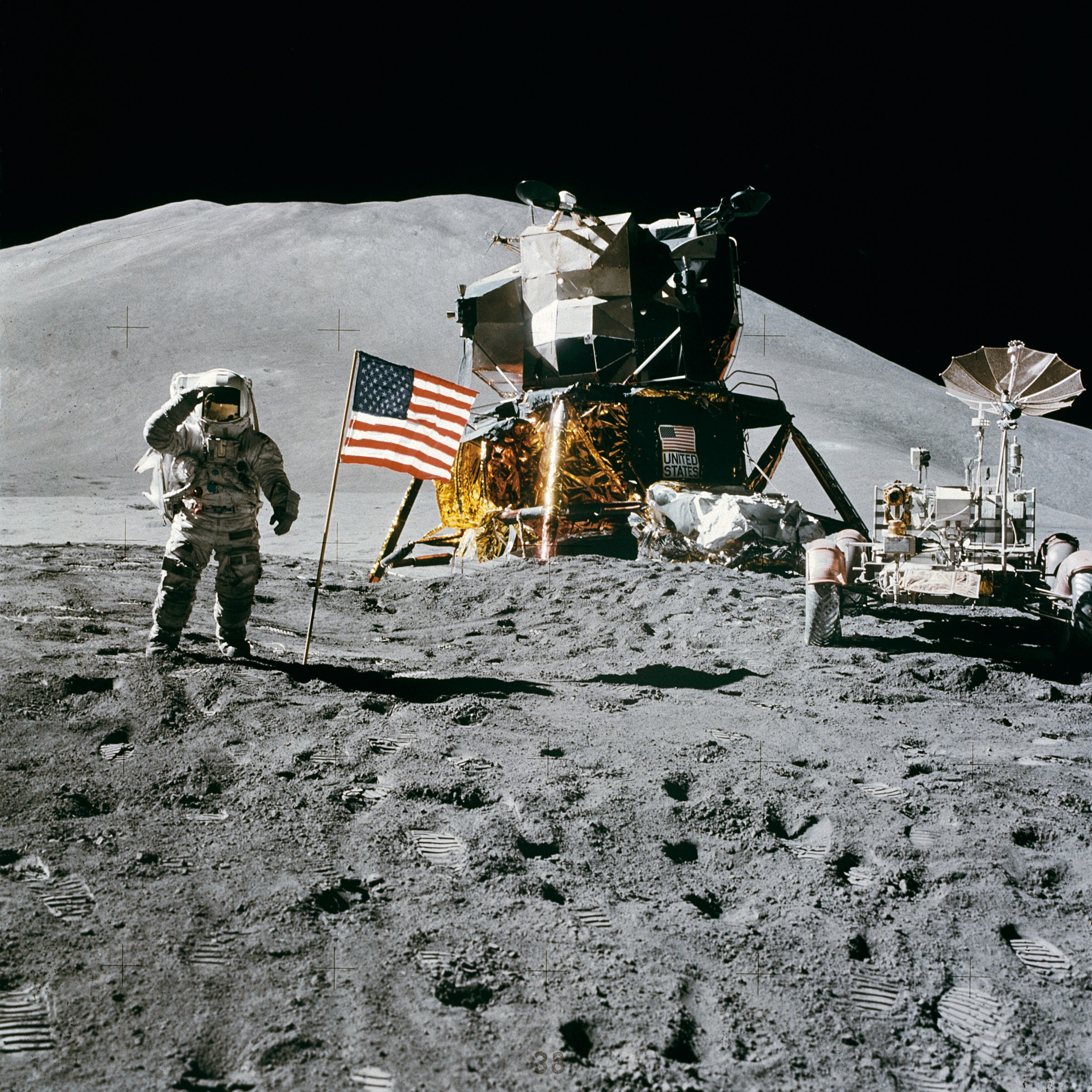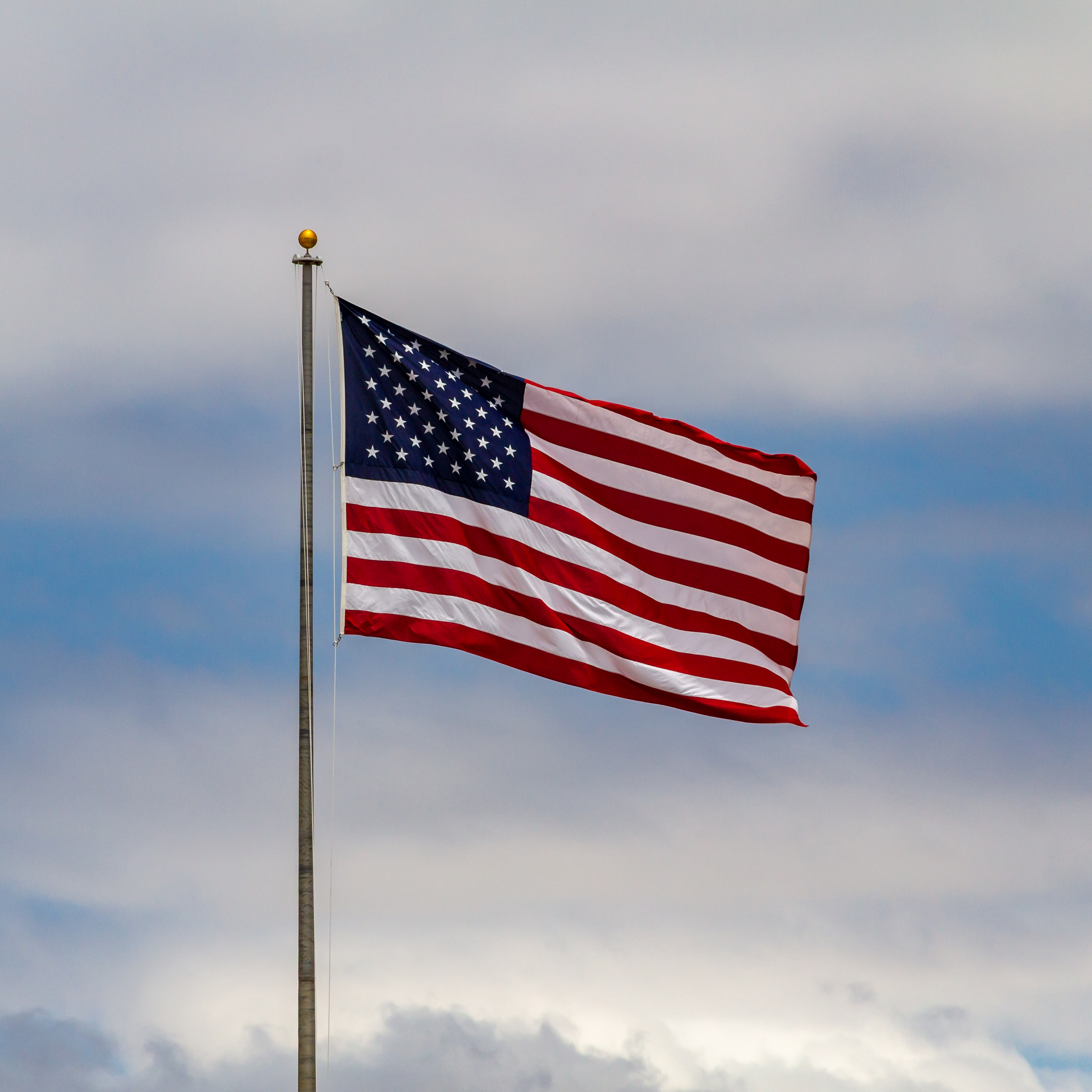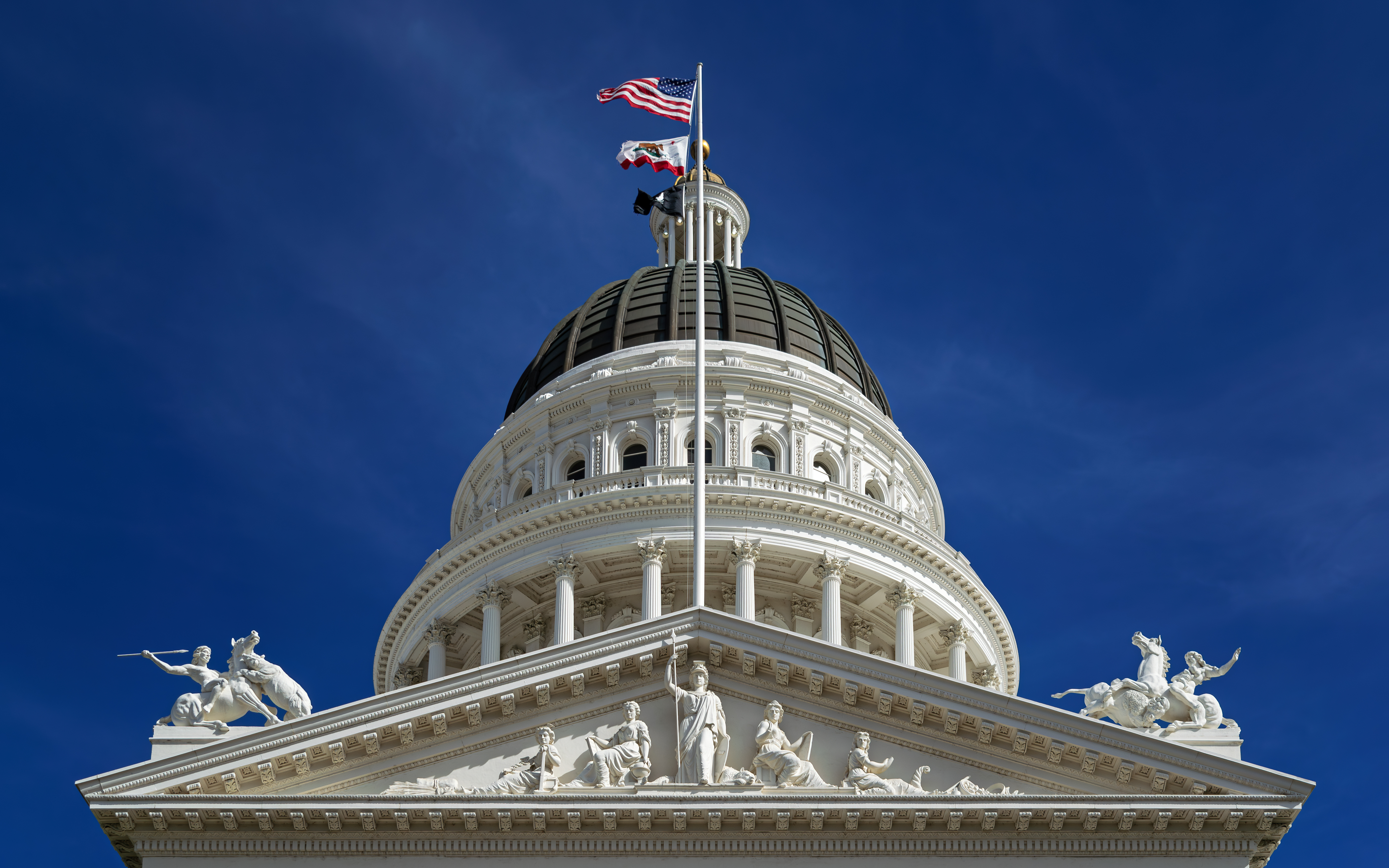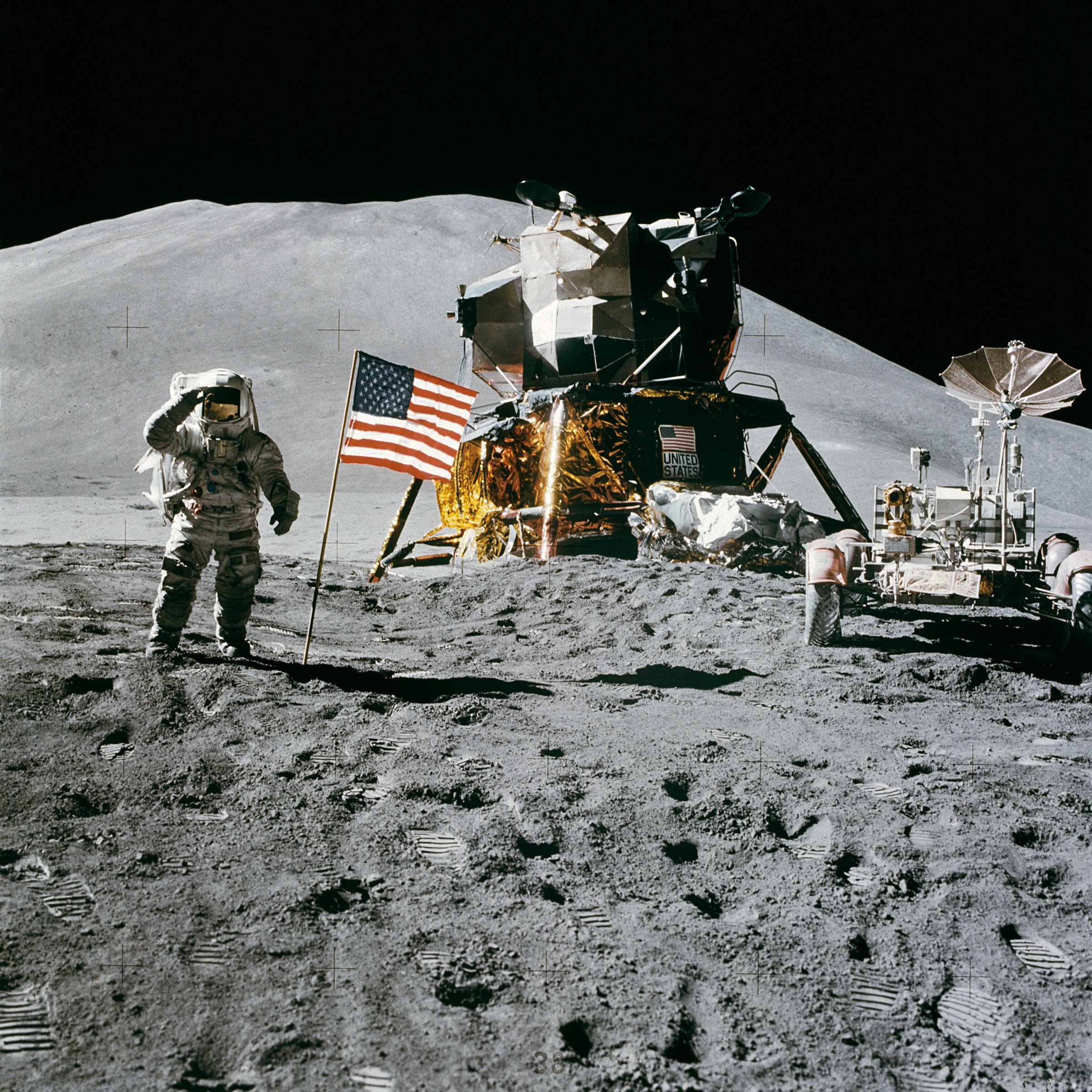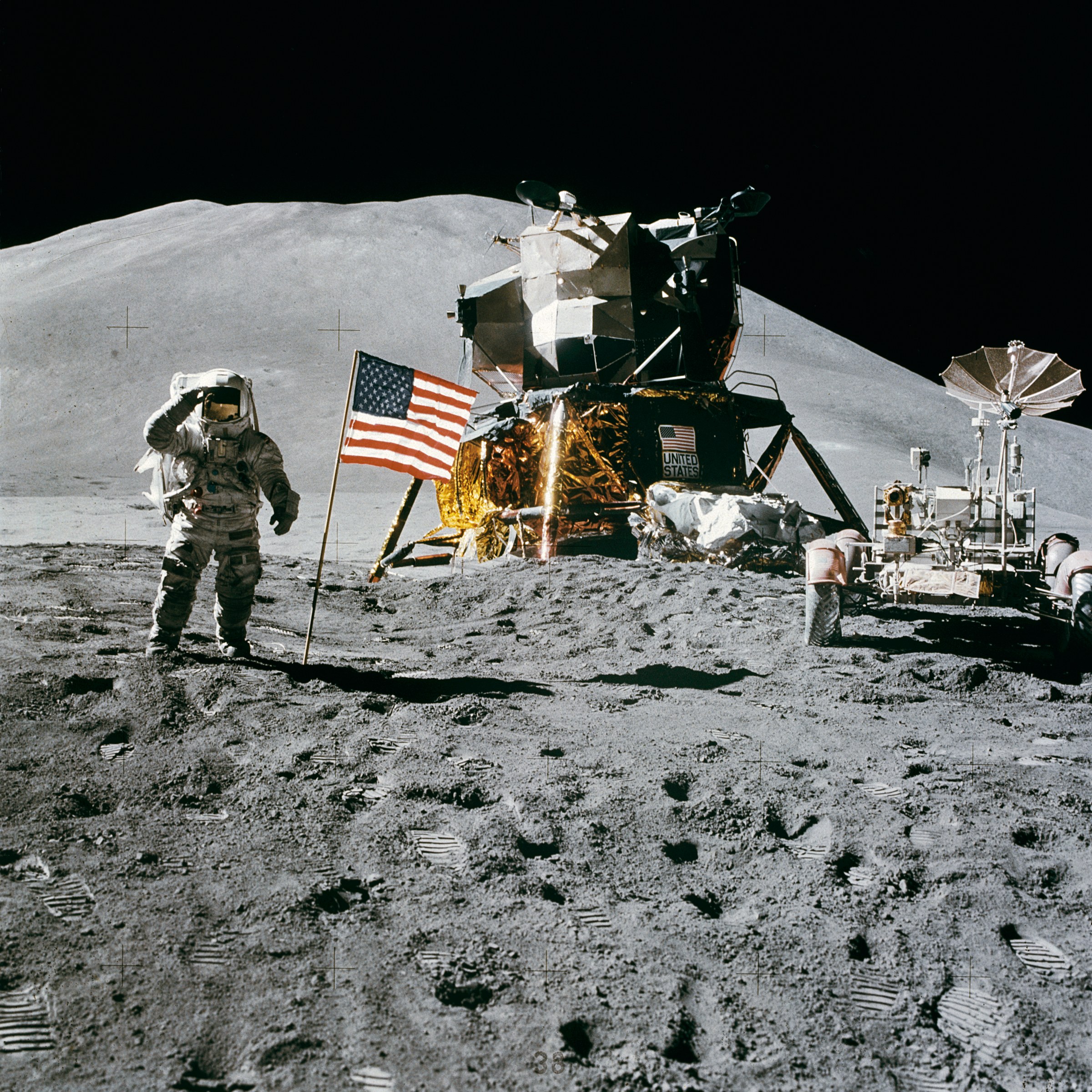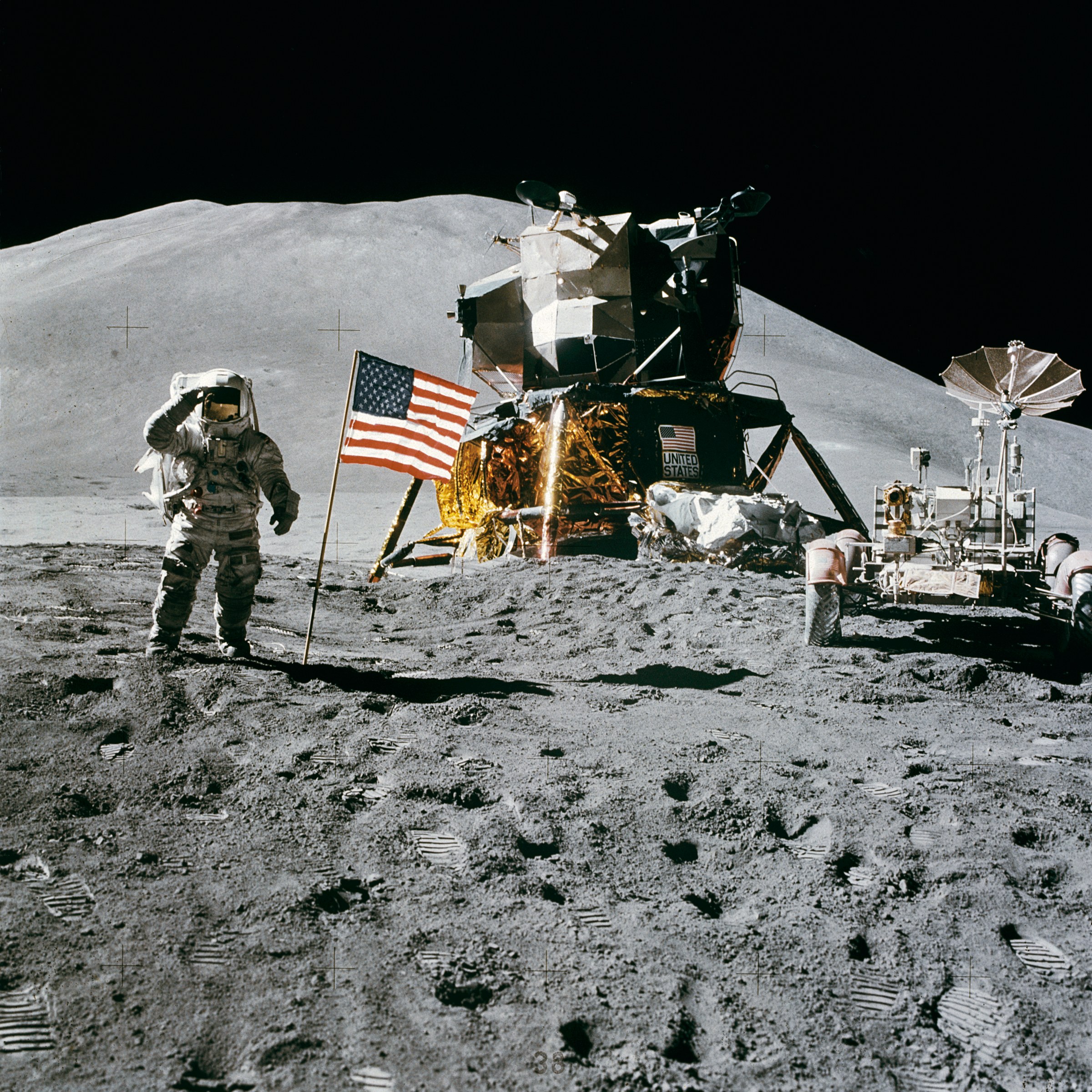While Washington’s foreign policy establishment continues to fumble through decades-old playbooks, Senator John Curtis is demonstrating what mature America First diplomacy looks like in the real world. His measured response to Trump’s Saudi Arabia strategy reveals a sophisticated understanding that true patriotic leadership means securing concrete victories for American families—not engaging in moral grandstanding that ultimately serves our adversaries.
Curtis’s position on the Saudi relationship perfectly encapsulates the challenge facing serious conservatives: How do you condemn moral wrongs like the Khashoggi killing while simultaneously advancing American strategic interests that translate into jobs, energy security, and economic prosperity for our citizens? The answer, as Curtis demonstrates, lies in principled realism—the kind of approach that built American global leadership in the first place.
The stakes couldn’t be higher. Saudi Crown Prince Mohammed bin Salman has pledged nearly $1 trillion in U.S. investment, representing a generational opportunity to bring manufacturing jobs home while securing energy partnerships that insulate American families from the volatility that globalist policies have created. Meanwhile, China lurks in the shadows, eager to exploit any American diplomatic misstep to pull the Saudis into their orbit—a development that would fundamentally reshape global energy markets to our detriment.
Curtis correctly identifies the core calculation: preventing Saudi Arabia from drifting toward Beijing serves American interests far better than the kind of virtue signaling that achieves nothing beyond making Washington elites feel morally superior. This isn’t about excusing wrongdoing—it’s about recognizing that America’s constitutional duty is to our own citizens first, and that sometimes requires navigating complex relationships to secure larger strategic objectives.
The potential prize makes this diplomatic complexity worthwhile. Bringing Saudi Arabia into the Abraham Accords would represent a historic victory for American-led Middle East stability, potentially reducing our military commitments in the region while creating the conditions for sustained economic growth. Unlike the endless interventions that neoconservatives championed or the isolationist retreat that some advocate, this approach leverages American economic and diplomatic strength to reshape regional dynamics in our favor.
Curtis’s measured stance reflects the kind of Reagan-era wisdom that built American prosperity: speak softly about tactical disagreements while carrying the big stick of economic superiority to achieve concrete results. It’s a sharp contrast to the globalist approach that prioritizes international opinion over American interests, or the interventionist model that substitutes military action for strategic thinking.
The constitutional framework supports this approach. Our founders understood that effective diplomacy sometimes requires engaging with imperfect partners to secure the blessings of liberty for American citizens. They weren’t naive about human nature or international relations—they were realists who understood that moral leadership comes through strength and prosperity, not through diplomatic isolation that weakens our ability to influence global events.
For patriots watching this unfold, Curtis’s position offers a roadmap for how America First governance actually works in practice. It requires threading the needle between moral clarity and strategic realism, maintaining our values while refusing to let perfectionist thinking prevent us from securing tangible wins for American workers and families.
The globalist establishment will undoubtedly criticize this approach, preferring the kind of empty moral posturing that has characterized their failed foreign policy for decades. But Curtis understands what they refuse to acknowledge: America leads best when we’re prosperous, secure, and strategically positioned—not when we’re isolated by our own righteousness.
Success in this Saudi relationship—measured by expanded Abraham Accords, massive investment flows, and reduced Chinese influence—would validate the America First model of principled realism. It would demonstrate that putting American prosperity first ultimately advances global stability more effectively than the virtue signaling that has weakened our position for too long.
Curtis is showing Washington how real leadership works: with moral clarity, strategic thinking, and an unwavering commitment to American interests. That’s the kind of mature conservatism that delivers results.
